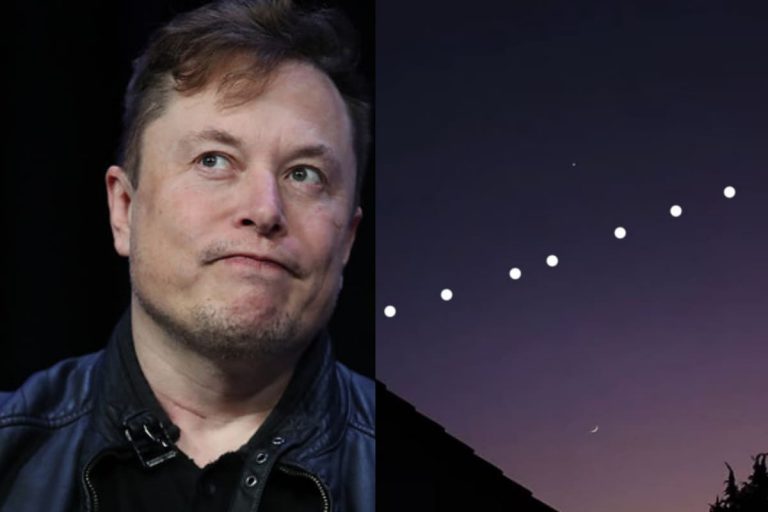
In the latest episode of the escalating tension between Elon Musk and Brazil’s judiciary, the country’s Supreme Court has blocked the local bank accounts of Starlink, Musk’s satellite internet firm, intensifying an ongoing feud that could see X, another of Musk’s companies, pushed out of one of its most significant markets.
Musk, who also helms electric vehicle giant Tesla, has been embroiled in a bitter standoff with Brazil’s Supreme Court, particularly with Justice Alexandre de Moraes, who has emerged as a formidable adversary.
On Thursday, the Supreme Court, through an order signed by Moraes, froze Starlink’s bank accounts in Brazil. This action was taken as part of a broader strategy to compel Musk to comply with a separate court order involving X. The order required Musk to appoint a legal representative for X in Brazil, a requirement the platform had failed to meet by the set deadline of 8:00 p.m. (2300 GMT) on Thursday.
Register for Tekedia Mini-MBA edition 17 (June 9 – Sept 6, 2025) today for early bird discounts. Do annual for access to Blucera.com.
Tekedia AI in Business Masterclass opens registrations.
Join Tekedia Capital Syndicate and co-invest in great global startups.
Register to become a better CEO or Director with Tekedia CEO & Director Program.
The Supreme Court’s actions have put Musk’s companies on the brink of losing access to one of their largest markets, a move with potentially significant financial repercussions.
The Roots of the Dispute
The origins of this clash date back several months when Brazil’s Supreme Court began ordering X to block accounts accused of spreading misinformation and hate speech, particularly those linked to supporters of far-right former President Jair Bolsonaro. These accounts had been a source of significant controversy, with many being implicated in efforts to undermine Brazil’s democratic processes following Bolsonaro’s electoral defeat in 2022.
Musk, who has positioned himself as a staunch defender of free speech, viewed these orders as antithetical to the platform’s principles. In a defiant move, Musk’s X, which initially complied with some of the court orders, later reversed course, leading to Moraes opening an inquiry into Musk’s businesses in April. This inquiry marked the beginning of a legal battle that has since spiraled into a full-blown standoff.
The situation escalated earlier this month when X announced it was shutting down its operations in Brazil, citing what it described as “censorship orders” from Moraes. However, X continued to operate in the country, keeping its service available to Brazilian users while firing its local staff. Musk’s defiance has been met with increasing pressure from Brazil’s judiciary, culminating in the freezing of Starlink’s bank accounts.
Musk’s Defiant Response
Musk has not taken these actions lying down. In a series of incendiary posts on X, he lashed out at Justice Moraes, labeling him an “evil dictator” and accusing the judge of acting illegally. He also described Moraes as “an outright criminal of the worst kind, masquerading as a judge.”
Musk said that the ruling to freeze Starlink’s accounts was not only unjust but also harmful to ordinary Brazilians who rely on the service. He also announced that SpaceX would provide free internet service to Brazilian users until the legal dispute is resolved.
“This order is based on an unfounded determination that Starlink should be responsible for the fines levied—unconstitutionally—against X,” Starlink wrote in a statement on X. “It was issued in secret and without affording Starlink any of the due process of law guaranteed by the Constitution of Brazil. We intend to address the matter legally.”
The fines in question, which reportedly total at least 20 million reais ($3.6 million), stem from X’s failure to comply with previous court orders. The fines are part of a broader effort by Brazil’s judiciary to hold Musk accountable for his refusal to adhere to the country’s legal requirements.
The Fight for Free Speech and Market Access
The ongoing dispute has raised significant questions about the balance between free speech and efforts to spread harmful content on digital platforms. While Musk argues that the court’s actions amount to censorship, Moraes and other Brazilian officials insist that the measures are necessary to protect the country’s democratic institutions.
Brazil’s President Luiz Inácio Lula da Silva has also weighed in on the matter, subtly backing Moraes by pinning a post on X that listed alternative social media platforms. This move could be interpreted as a signal to Brazilians that there are other ways to communicate online if X becomes inaccessible.
Economically, the stakes are high for Musk. Brazil is one of X’s largest markets, and losing access to the country could deal a significant blow to the platform, which is already struggling with declining advertising revenue. The financial implications for Starlink are also considerable, as the satellite internet service has been touted as a key part of SpaceX’s global strategy.
A Divided Public
Public opinion in Brazil is deeply divided over the dispute. On X, the platform at the center of the controversy, Brazilians have posted memes and commentary, with some siding with Moraes and others defending Musk’s stance on free speech.
The polarized responses reflect the broader societal debates that have emerged in the wake of Bolsonaro’s presidency, with issues of misinformation, judicial overreach, and the role of social media platforms in shaping public discourse all coming to the fore.



